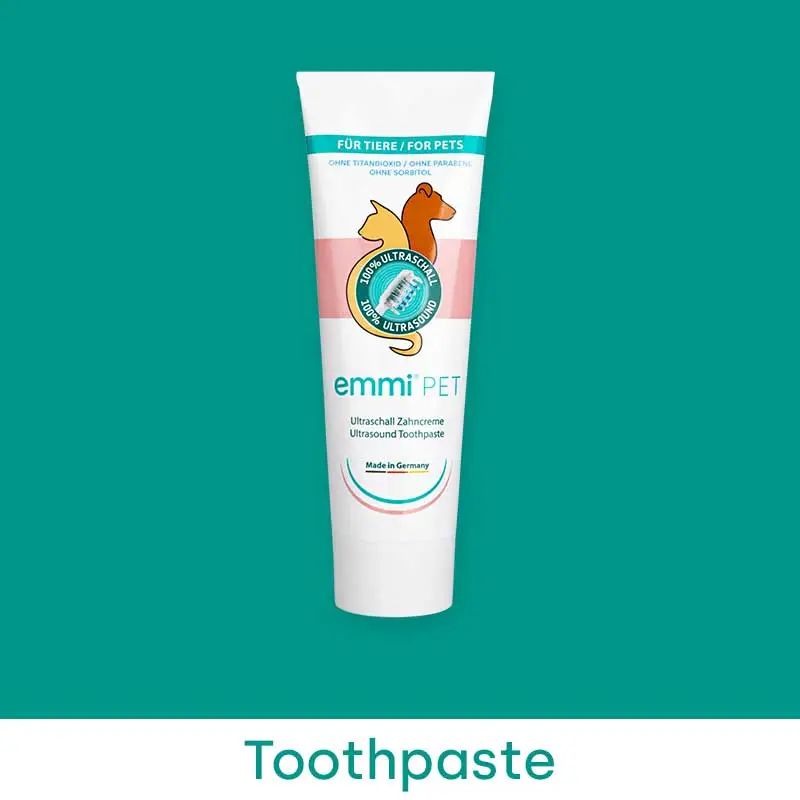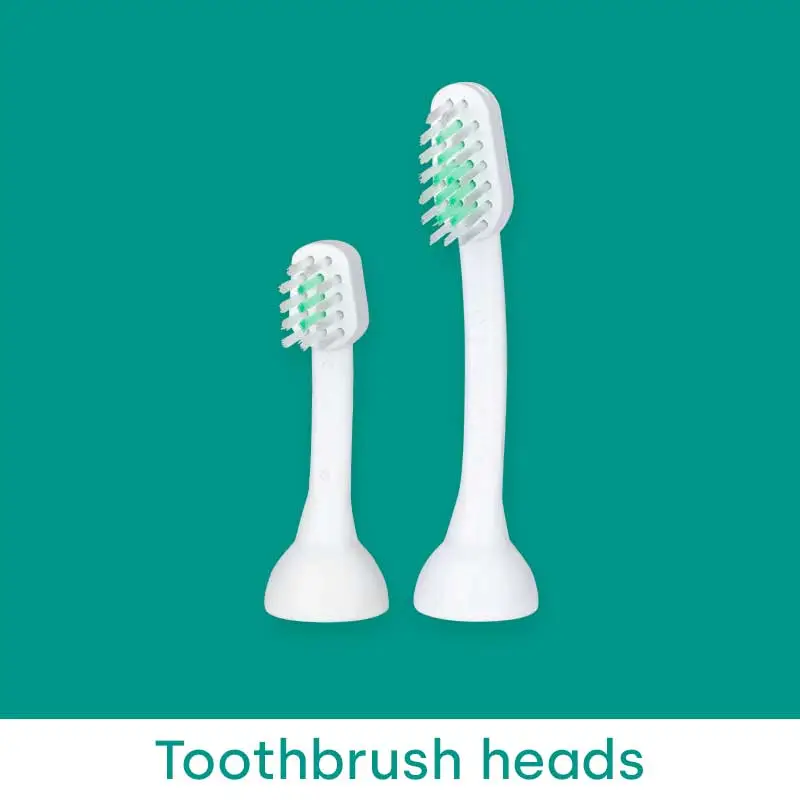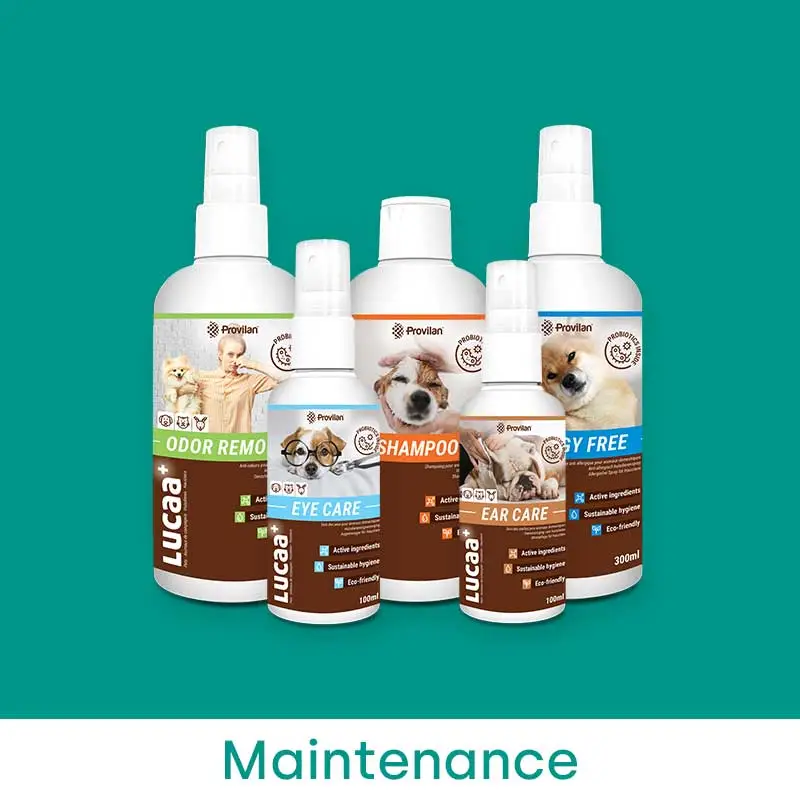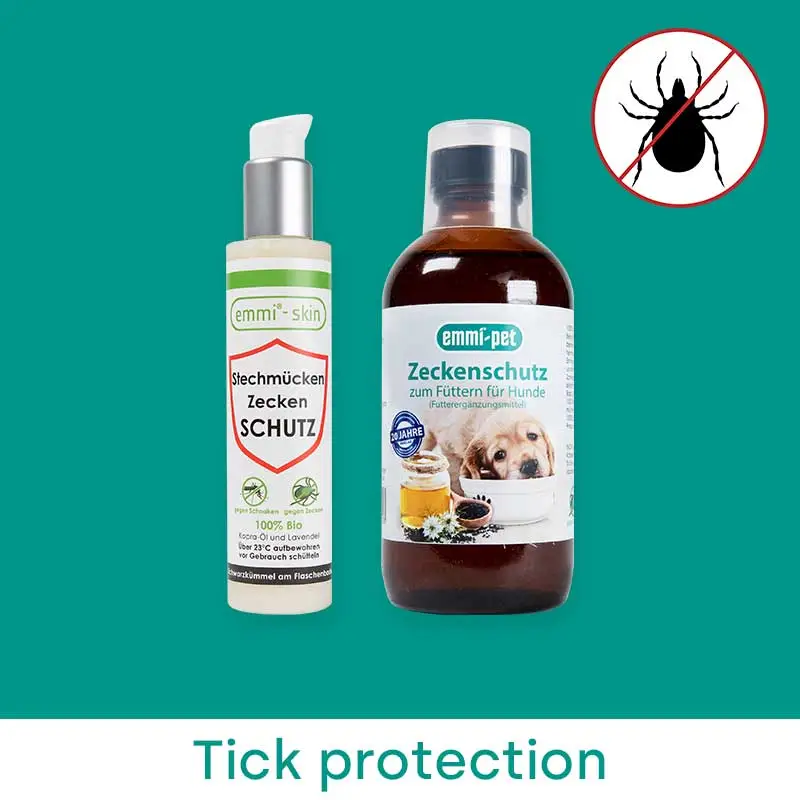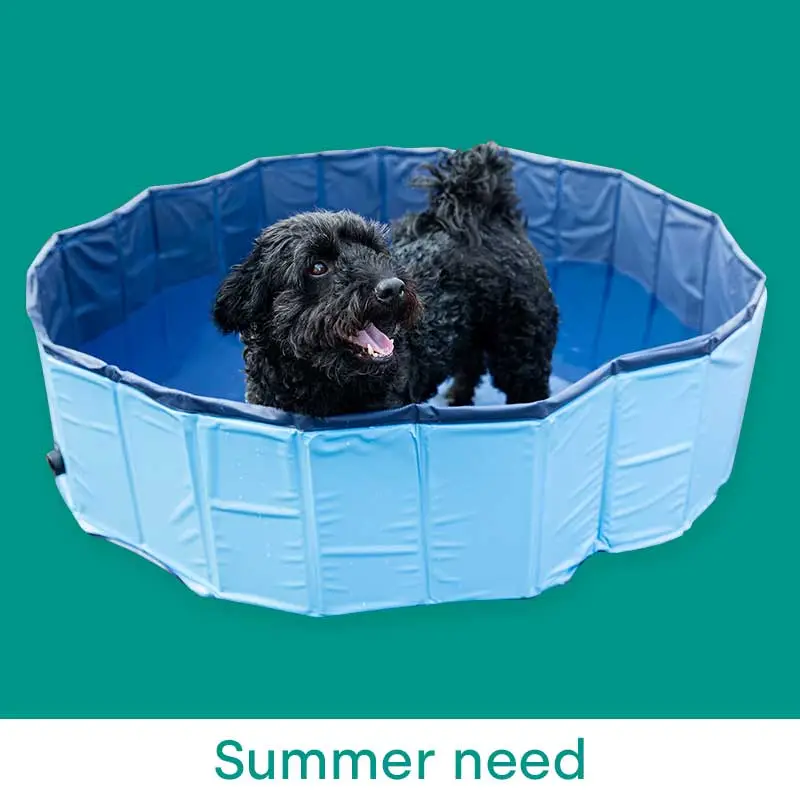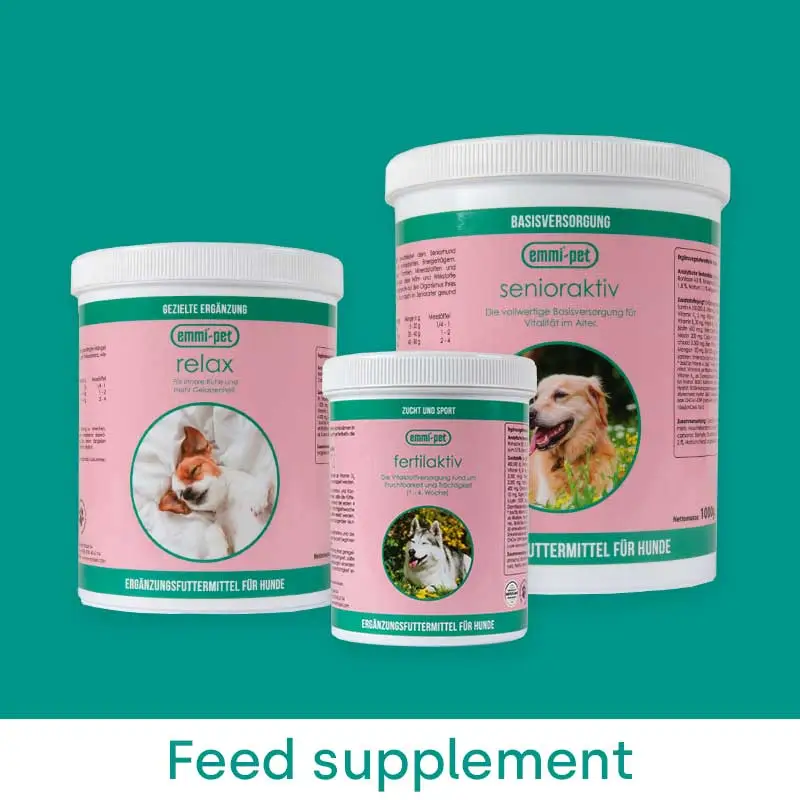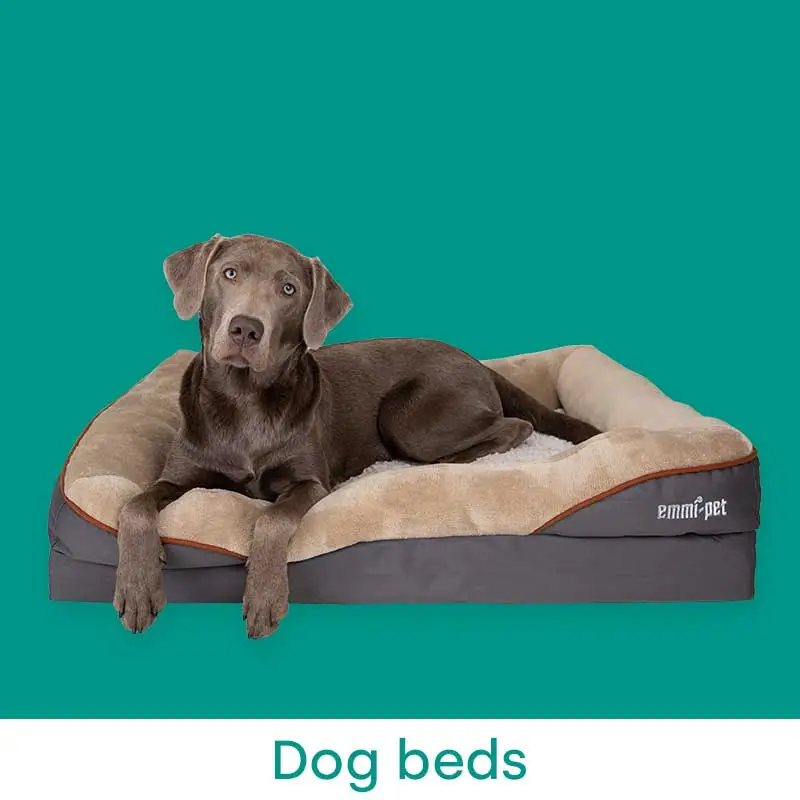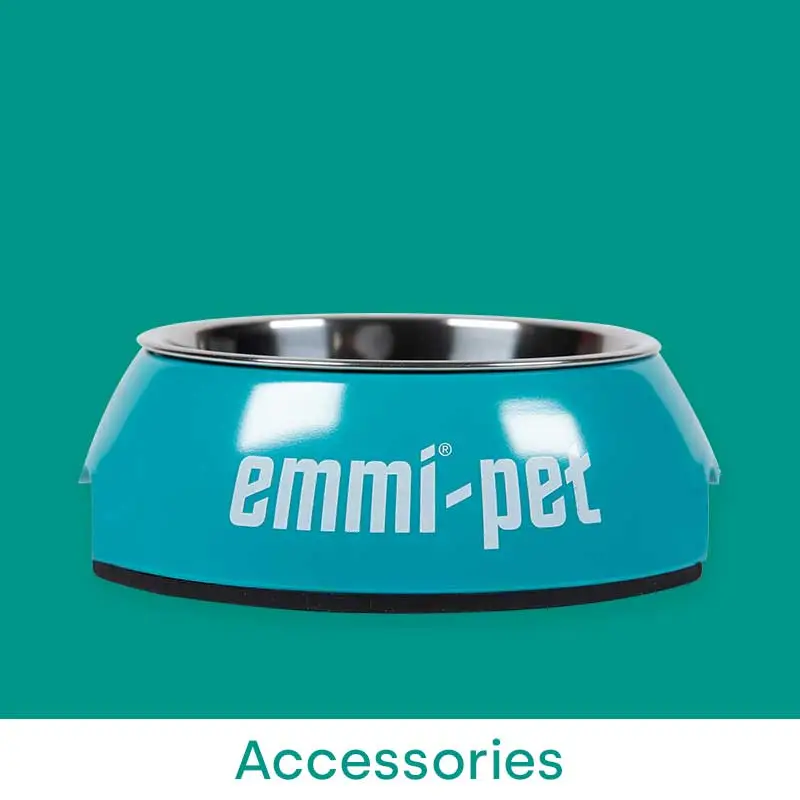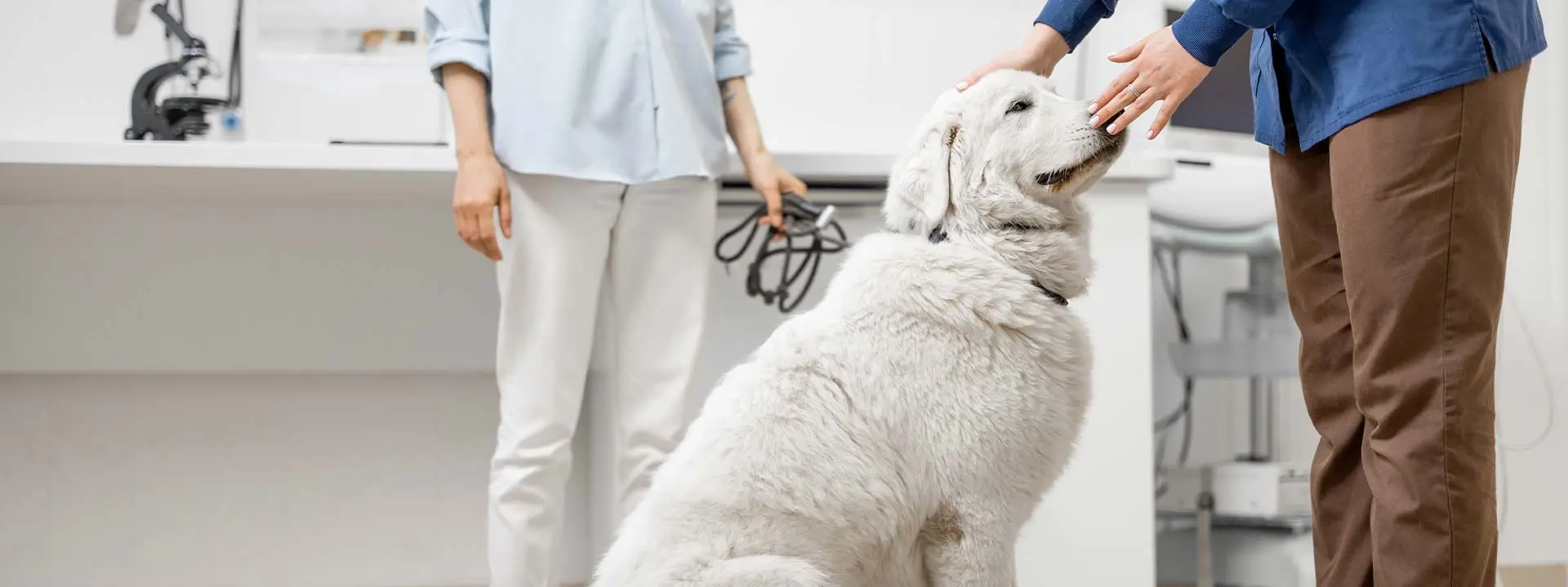
Obesity in dogs is not just a matter of appearance; it can cause serious health problems and significantly affect the well-being of your best friend. Heart disease, diabetes, and joint problems are just some of the negative effects that can accompany obesity. Fortunately, there are effective weight control strategies for overweight dogs that not only treat the problem, but also actively prevent it. We explain what these can look like in today's blog post.
Recognizing signs of an overweight dog
Before we look at solutions, it is important to recognize the signs of obesity in a dog. Some clues can be:
- Difficulty in breathing,
- Reduced stamina during physical activity,
- less visible or palpable ribs under a layer of fat, and
- a waistline that is not visible.
The important role of the vet in weight control
One of the most effective resources in combating obesity in dogs is the veterinarian. A professional veterinarian can:
- Carry out an individual assessment of your dog's state of health and ideal target weight.
- Suggest a customized exercise program based on your dog's age, breed, health, and current fitness level.
- Recommend a customized diet and portion sizes based on your dog's specific needs.
- Monitor progress and make adjustments as needed to ensure your dog is losing weight in a healthy way.
Special exercises in everyday life for weight loss
In addition to dietary changes, regular physical activity is crucial to control, and reduce your dog's weight:
- Daily walks: Gradually increase both the duration and the intensity of your daily walks.
- Playing and running: Integrate games that encourage your dog to run and jump, such as fetch or agility exercises
- Swimming: For dogs that like water, swimming is an excellent exercise that is easy on the joints and burns calories effectively at the same time.
- Hide and seek: You can also use hide-and-seek games or interactive toys to stimulate your dog mentally and motivate them to exercise at the same time.
Preventive measures and active prevention
Preventing obesity starts with a conscious approach to your dog's diet and incorporating regular physical activity into everyday life. Stick to the amounts of food recommended by your vet, avoid overfeeding and use treats sparingly and carefully.
A valuable feeding aid can be a high-quality ceramic bowl, which is not only a healthy and safe feeding option, but also helps to reduce eating speed. Discover the ideal ceramic bowl for your dog here.
Holistic approach for a healthy dog life
Obesity in dogs is a preventable problem that requires a comprehensive strategy, including
- an appropriate diet,
- regular exercise, and
- professional support from a veterinarian.
By incorporating special exercises into your daily routine and regularly monitoring your dog's weight, you can help them live a long, healthy and happy life.

